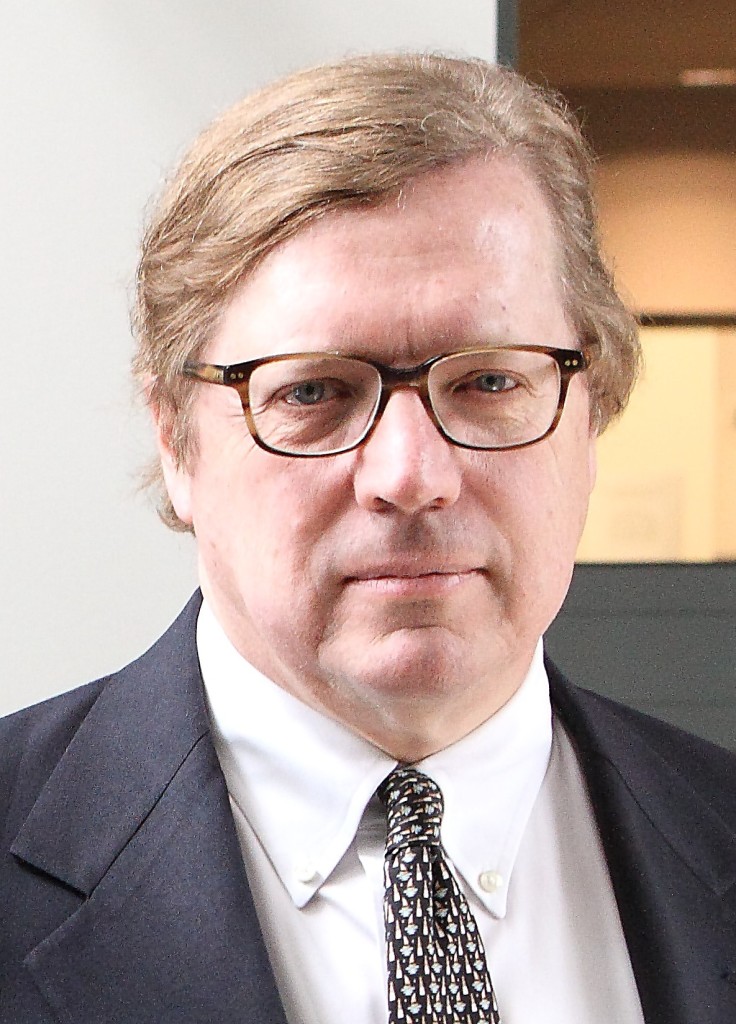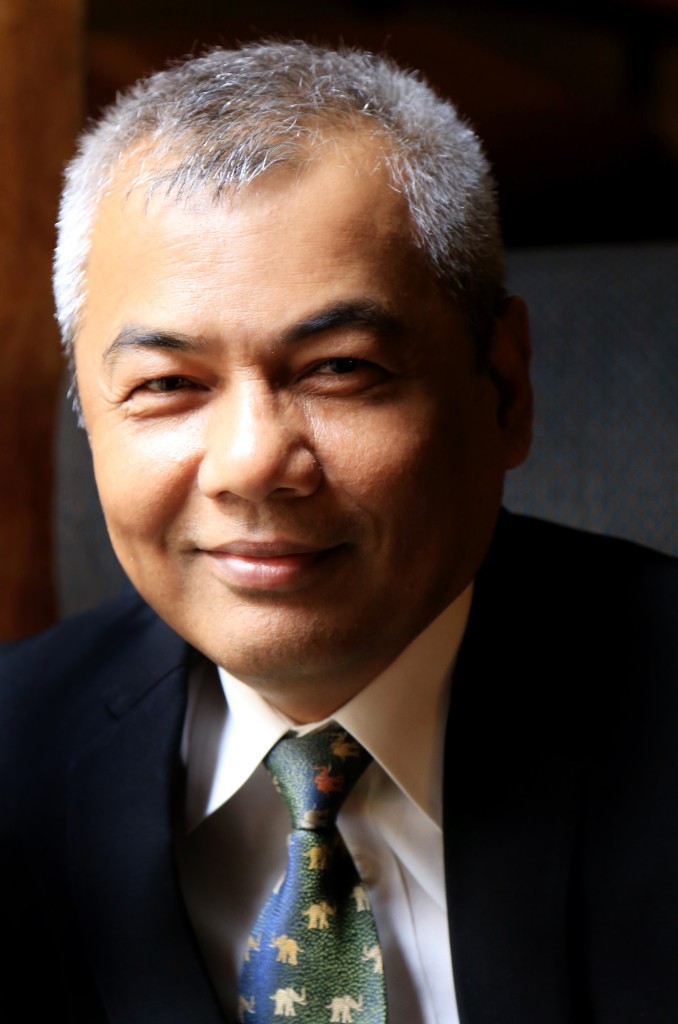Founders

Center for International Human Rights at Northwestern University School of Law
Led by Professor David Scheffer, former U.S. Ambassador at Large for War Crimes Issues (1997-2001), the Center for International Human Rights focuses on researching and addressing emerging human right norms and related issues as well as providing valuable clinical experiences for students interested in the protection of human rights on a global scale.

Documentation Center of Cambodia (DC-Cam)
DC-Cam is an independent non-partisan Cambodian research institute. Its two main objectives are to record and preserve the history of the Khmer Rouge regime for future generations, and to compile and organize information that can serve as potential evidence in a legal accounting for the crimes of the Khmer Rouge.
David Scheffer is the Mayer Brown/Robert A. Helman Professor of Law and Director of the Center for International Human Rights at Northwestern University School of Law in Chicago, Illinois. He teaches International Human Rights Law and International Criminal Law. He was previously the U.S. Ambassador at Large for War Crimes Issues (1997-2001) and led the U.S. delegation in U.N. talks establishing the International Criminal Court.
During his ambassadorship, Scheffer negotiated and coordinated U.S. support for the establishment and operation of international and hybrid criminal tribunals (including the Extraordinary Chambers in the Courts of Cambodia) and U.S. responses to atrocities anywhere in the world. He also headed the Atrocities Prevention Inter-Agency Working Group. During the first term of the Clinton Administration, Scheffer served as senior adviser and counsel to the U.S. Representative to the United Nations, Dr. Madeleine Albright, and served from 1993 through 1996 on the Deputies Committee of the National Security Council.
Scheffer has published extensively on international legal and political issues and appears regularly in the national and international media.
Scheffer is a member of the New York and District of Columbia Bars, the American Society of International Law (formerly serving on the Executive Council), the Council on Foreign Relations, and the Chicago Committee of Human Rights Watch, and is the former Chairman of the Board of Directors of the International Law Students Association (2004-2008).
Youk Chhang – dccam@online.com.kh
Youk Chhang is the Executive Director of the Documentation Center of Cambodia (DC-Cam) and a survivor of the Khmer Rouge’s “killing fields.” He became DC-Cam’s leader in 1995, when the Center was founded as a field office of Yale University’s Cambodian Genocide Program to conduct research, training and documentation relating to the Khmer Rouge regime. Chhang continued to run the Center after its inception as an independent Cambodian non-governmental organization in 1997 and is currently building on DC-Cam’s work to establish the Sleuk Rith Institute, a permanent hub for genocide studies in Asia, based in Phnom Penh.
Before leading DC-Cam, Chhang managed human rights and democracy training programs in Cambodia for the U.S.-based International Republican Institute and was an international staff member assisting the Electoral Component of the United Nations Transitional Authority in Cambodia (UNTAC). From 1989 to 1992, he worked on crime prevention in Dallas, Texas. Chhang is a Senior Research Fellow at the Center for the Study of Genocide, Conflict Resolution, and Human Rights at Rutgers University-Newark. He was a member of the eminent persons group who founded the Institute for International Criminal Investigations in The Hague in 2003. He is also a Board Trustee of Air Asia.
Chhang is the author of several articles and book chapters on Cambodia’s quest for memory and justice and is the co-editor of Cambodia’s Hidden Scars: Trauma Psychology in the Wake of the Khmer Rouge (2011).
Chhang is also the executive producer of a documentary film entitled A River Changes Course (2012) (www.ariverchangescourse.com), known as Kbang Tik Tonle in Khmer, about the changing social, economic, and environmental landscape in Cambodia. Among other awards, that film won the 2013 World Cinema Grand Jury Prize for documentaries at the Sundance Film Festival. He received the Truman-Reagan Freedom Award from the Victims of Communism Memorial Foundation in Washington, DC in 2000. He was named one of TIME magazine’s “60 Asian heroes” in 2006 and one of the “Time 100” most influential people in the world in 2007 for his stand against impunity in Cambodia and elsewhere.


